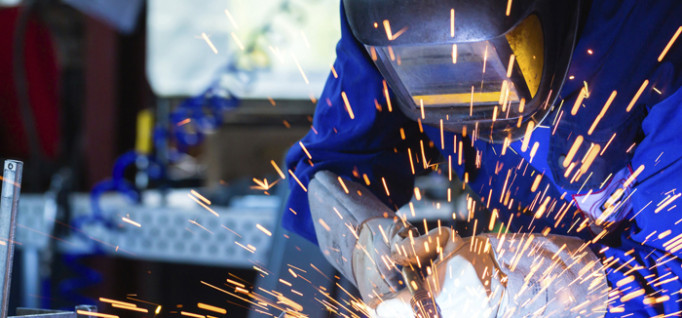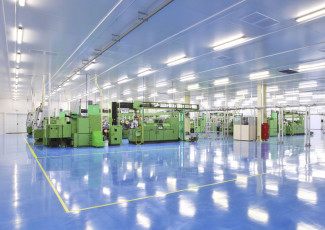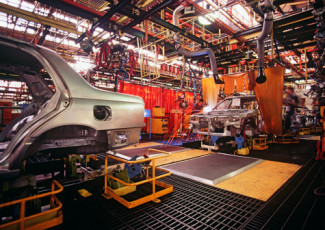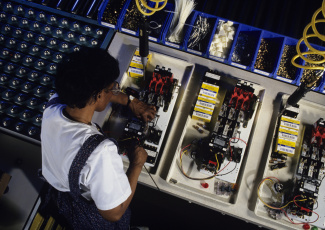Toolkit Helps Manufacturers Train and Hire New Talent
By Corey Murray
April 4, 2014
National skills certification program helps manufacturers identify, interview and hire top-tier talent for increasingly sophisticated, high-demand careers.
A lot has been written about the growing need for skilled manufacturing workers.
After losing more than 15 percent of total U.S. manufacturing jobs during the height of the Great Recession, many of those to cheaper labor overseas, the nation’s manufacturing sector has proved remarkably resilient. Since the end of the recession the sector has added more than 600,000 new jobs. Today, manufacturing employs more than 12 million workers, which is far shy of the record high of 19 million back in 1979. But it’s better than we’ve seen in years.
That’s good news for American workers. But there’s a hitch: Too many professionals who lost their jobs when it all went bad are underprepared or ill-equipped to return to a changed workforce — one that bears little or no resemblance to the one they knew before unemployment.
As a pipeline to the workforce, the nation’s community colleges find themselves at the center of an exciting, if complicated, evolution. Training additional manufacturing workers requires more than enrolling new students. As the industry has changed, so too have the needs of employers — and that often means investing in new programs and approaches.
“Where once strong backs and hard work sufficed, today’s manufacturing depends more than ever before on smart minds and an agile workforce,” writes Jennifer McNelly, president of the Manufacturing Institute, in Developing Skilled Workers: A Toolkit for Manufacturers on Recruiting and Retaining a Quality Workforce, a report that encourages businesses to work with community colleges and other stakeholders to improve the quality and sophistication of manufacturing training and education.
Long way to go
Just how wide is the current manufacturing skills gap? According to the Manufacturing Institute, which dedicates much of its time to the talent shortage, 82 percent of manufacturers “report a moderate or serious shortage in skilled production workers.”
That’s bad news for businesses, especially as they attempt to capitalize on the momentum of a resurgent economy. At least 75 percent of manufacturing-industry employers say the current skills gap has negatively affected plans for growth.
Working with colleges
Realizing employers have little chance to close that skills gap on their own, the Manufacturing Institute encourages businesses and community and technical colleges to align their education and training programs.
Among the most recent efforts is a new Skills Certification System (SCS). The program, “by manufacturers, for manufacturers,” features a system of industry-recognized credentials that students and employees can pursue in hopes of obtaining the knowledge and experience necessary to land a job in the manufacturing sector or advance their careers.
For more on the role that community colleges can play, check out the video below, or visit the SCS website, which includes links to a toolkit for manufacturers, more information about the different certification programs and access to a series of technical-assistance webinars.














